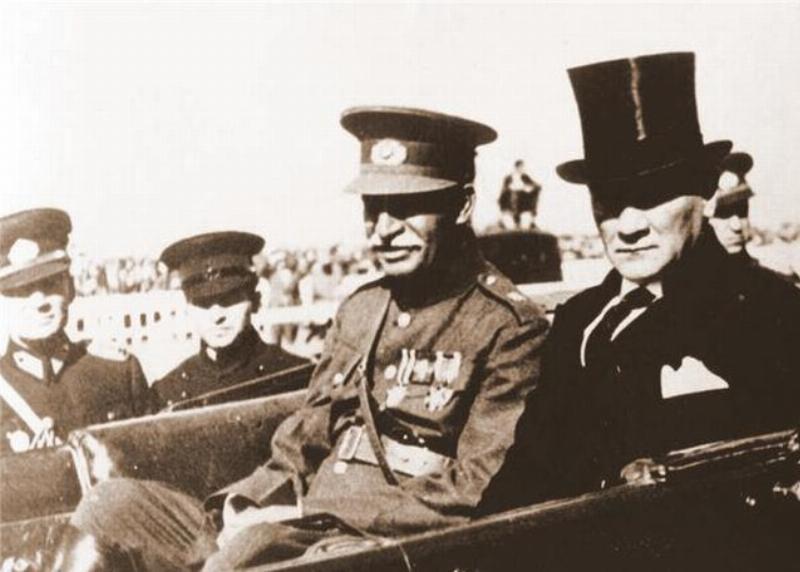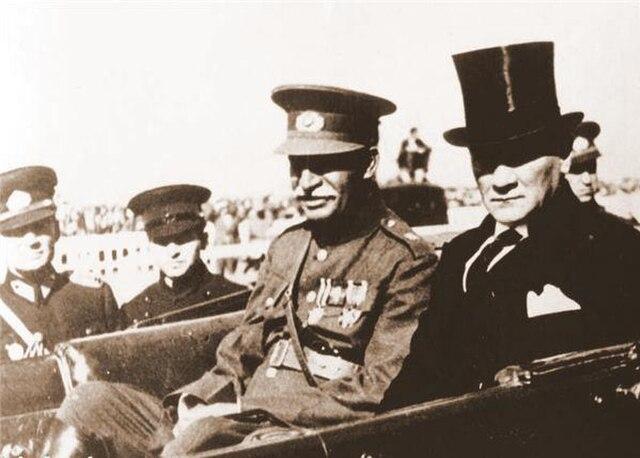


As a result of its defeat in WWI, the Ottoman Empire collapsed along with its claim to the caliphate. Among a new class of Middle Eastern elites, nationalism and Western liberalism were ascendant. Turkish militants led by Mustafa Kemal Atatürk reconstituted the Ottoman legacy in Asian Minor on a nationalistic basis as the new state of Turkey. It was christened as a secular state modeled after the European nation-state mirroring ways of European governance, dress, and even writing by replacing Arabic script with a modified Latin alphabet.
With the retreat of colonial power in the Middle East after WWII, secular nationalism captured the imagination of most of the Arab world with figures like Gamal Nassar of Egypt championing it. In Iran, Shah Mohammad Reza Pahlavi with money from oil sales embarked on a robust campaign of secular modernization. Although there were some prominent exceptions, like Saudi Arabia, most of the new countries in the Middle East chose the secular Western model to follow.
Then, quite unexpectedly, two events ushered in an Islamic revival. The first came with the fall of the Shah in Iran, coupled with the rise of a theocratic state under the leadership of Ayatollah Khomeini. Second, was the defeat of the Soviet Union in Afghanistan by the mujahideen, a loose confederation of Islamic resistance fighters backed by the CIA. The two events marked the beginning of an Islamic revival throughout the Middle East and the whole of the Islamic world. Prior to these events, it was believed that Islam would continue to recede in favor of secularism as had happened with Christianity in the West. However, experts had underestimated the power of Islam to excite the masses in the Middle East. Not since the religious wars of Europe in the 16th and 17th centuries had religion played such a central role in the politics of a region. Moreover, this religious revival occurred while the burgeoning Arab population was finding its way into Western Europe, which had lost the will to sustain its own demographic. As a result, for the first time since the Ottoman invasion of Europe, Islam found a foothold in the heart of Christian Europe.
With its new-found vigor, Islam seems unlikely to loose its grip on the imaginations of a large portion of the Middle Eastern population. However, secularism may only be dormant, and could resurface to reshape geopolitics in the region. One could speculate that if Israel and the United States had maintained the pressure on the clerics in Iran, they might have fallen and given way to a more secular regime which might have set in motion a series of events that would usher in a secular revival throughout the Middle East. Islam is inherently at odds with the modern, secular world. Its restriction on free inquiry dampens scientific innovation. With Islam, one can preserve a society in amber for a while, but as Atatürk and the other secular nationalists discovered a century ago, it is not sustainable.

Image: Public domain.
